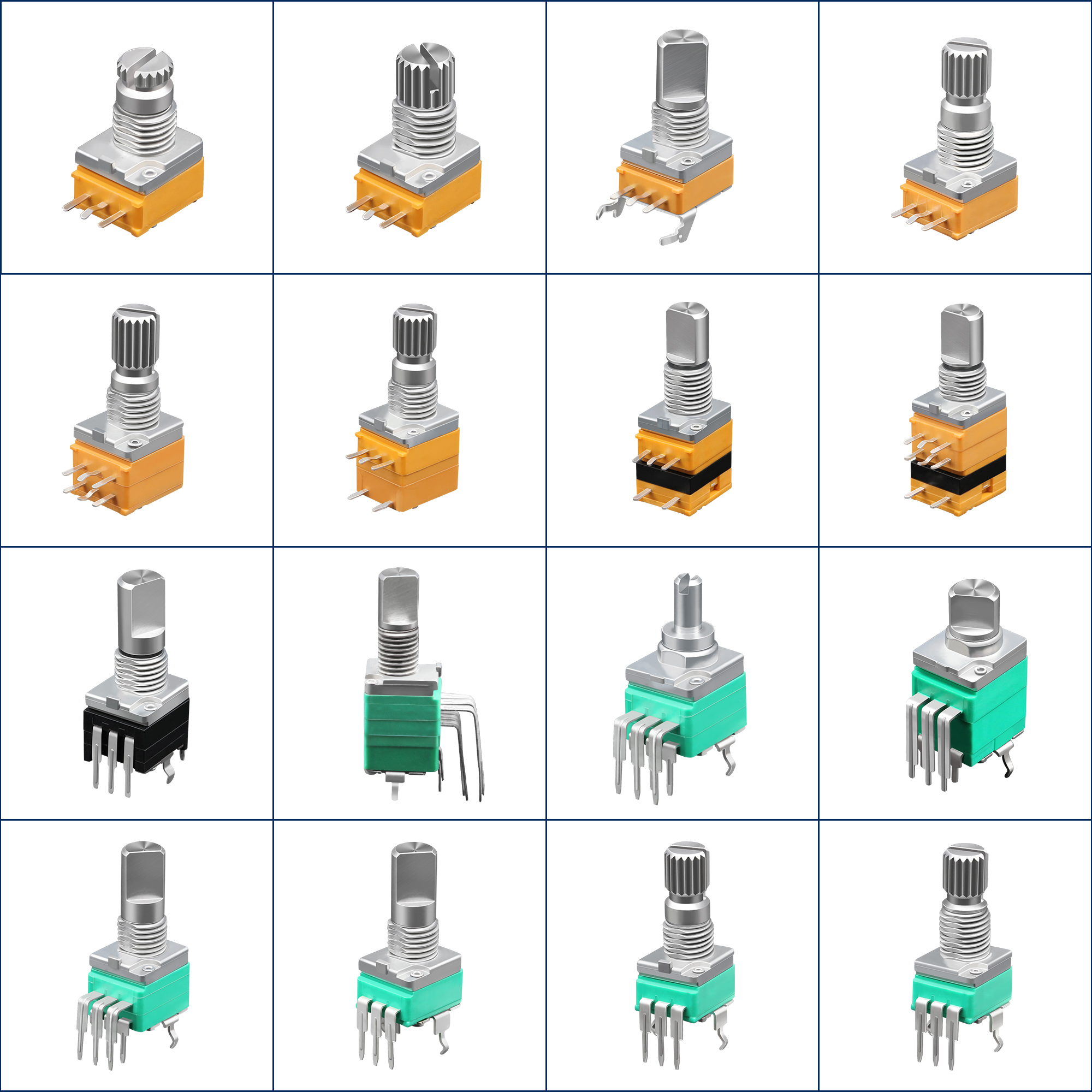Potentiometers are ubiquitous electronic components that play a crucial role in countless devices, from volume knobs on radios to control systems in industrial machinery. Despite their widespread use, many people are unfamiliar with how potentiometers work. In this article, we'll delve into the inner workings of potentiometers, shedding light on their functionality and importance in various applications.

What is a Potentiometer?
A potentiometer, often abbreviated as "pot," is an electrical component used to vary the resistance in an electrical circuit manually. This variable resistance allows control over parameters like volume, brightness, speed, and much more in electronic devices. Potentiometers come in various shapes and sizes, but they all operate on the same fundamental principle.
How the potentiometer works
At its core, a potentiometer consists of three terminals – two fixed and one movable. The two fixed terminals are connected to the ends of a resistive material, often made of carbon or conductive plastic. The movable terminal, typically controlled by a knob or slider, makes contact with the resistive material. As the movable terminal is adjusted, it changes its position along the resistive track, altering the resistance between the movable terminal and one of the fixed terminals.
The resistance between the movable terminal and the fixed terminal connected to it varies proportionally with the length of the resistive track covered. This relationship adheres to Ohm's law, where resistance (R) is directly proportional to the length (L) of the resistive track:
R=k⋅L
Here, "k" represents the potentiometer's total resistance.
Applications of Potentiometers
Potentiometers have a wide range of applications, including:
Volume Control: In audio equipment like amplifiers and radios, potentiometers are used to adjust the volume level.
Brightness Control: In displays and lighting systems, potentiometers regulate the brightness or intensity of the output.
Speed Control: In motor controllers and industrial machinery, potentiometers control the speed of motors and mechanisms.
Temperature Control: In thermostats and temperature controllers, potentiometers set the desired temperature.
User Interface: Potentiometers are used in user interface elements like sliders and knobs in various electronic devices.
Voltage Division: They are employed as voltage dividers in electronic circuits for precise voltage measurement.

Choose your Trusted Potentiometers Manufacturer:Soundwell Electronic,we are a leading manufacturer of high-quality potentiometers,with decades of experience in the industry, we have earned a reputation for producing potentiometers that meet the highest standards of performance and durability.
Our product range includes a wide variety of potentiometer types, from rotary to slide potentiometers, all designed to cater to diverse application needs.
As a trusted Potentiometers Manufacturer, Soundwell Electronic is committed to innovation, quality, and customer satisfaction.
Whether you need potentiometers for audio equipment, industrial machinery, or any other application, you can rely on Soundwell Electronic for top-notch solutions.
Soundwell Electronic, as a leading Potentiometers Manufacturer, stands ready to meet your potentiometer needs with a commitment to quality and excellence. With our expertise and dedication, we are your trusted partner for reliable and high-performance potentiometers.









